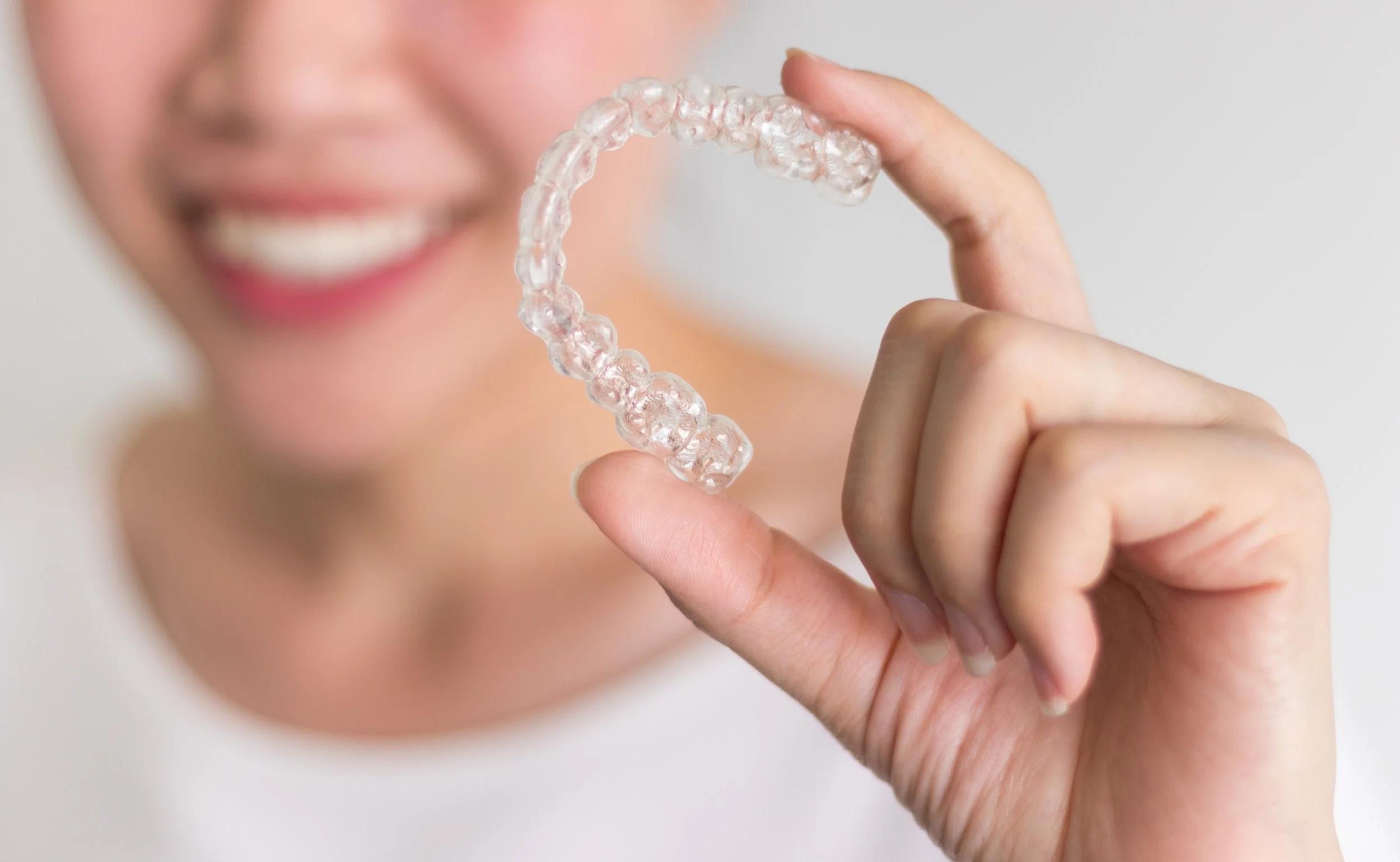
Services
General Dentistry
Treatment of dental decay
Treatment of gum disease
Dental emergencies
Crowns, bridges and dentures
Root canal treatment
Extraction
Cosmetic Dentistry
Professional Tooth Whitening
Airflow
Composite Bonding
Veneers
Anti-Snoring Devices
Orthodontics
Invisalign
Straights
Dental Implants
Treatment under a Dentist with a Special Interest
Root canal treatments
Sedation
Preventative Dentistry
Dental Hygiene
Pit and Fissure Sealants
Screening for mouth cancer
Anxious Patients
Treatment under Sedation
Facial Aesthetics
Anti-Wrinkle injections
Profhilo treatment
Masseter Botox








